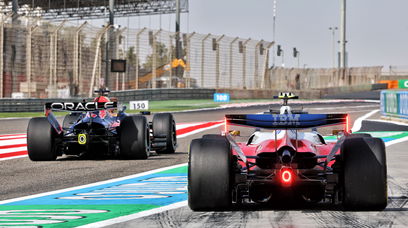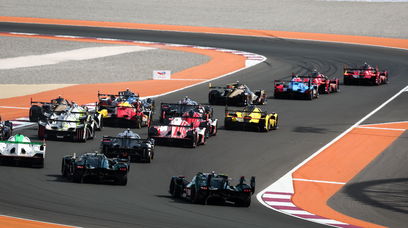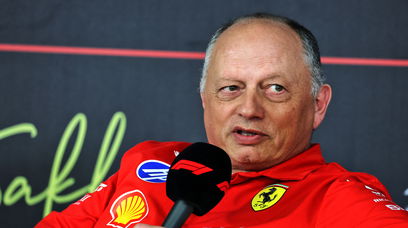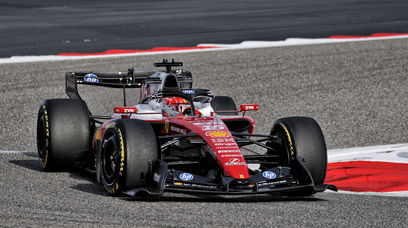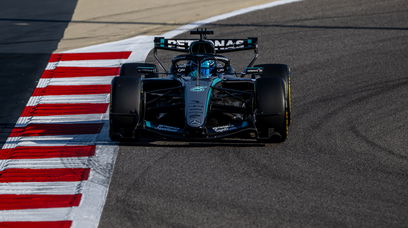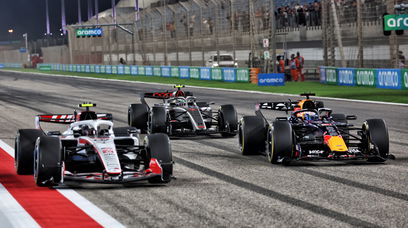On February 11, 2021, the FIA and the 10 existing Formula 1 unanimously agreed to freeze the development of engines from 2022 onwards. The biggest winners of this decision were of course Red Bull who can now take control of the Honda power-unit once the Japanese manufacturer leaves the sport at the end of this year. That being said, the biggest possible winners of this decision could be Mercedes, especially when you take into account that a Balance of Performance (BOP) ruling will not come into effect with the proposed development hold. The German manufacturer has come to dominate the turbo-hybrid era in Formula 1, winning the last seven championships on the bounce. While Mercedes were always in favour of an engine freeze, what they have always wanted to avoid is a BOP ruling that could diminish their advantage. While there is no doubt that Honda will invest heavily for the upcoming season, given that this year will be their last hurrah in the sport for the foreseeable future, the same situation will play out at the Mercedes camp. It would surprise no one if the German marque reminded the benchmark to beat in 2022. While the ruling clearly benefits Mercedes and Red Bull, the other two engine suppliers might find the decision slightly trickier to navigate. Ferrari, in particular, will be banking on the improvements they made to their 2021 engine. If for some reason they fail to significantly upgrade their 2020 power-unit, the Italian manufacturer could be in for a disastrous decade. That being said, team boss, Mattia Binotto was in favour of introducing the aforementioned freeze. While he claims his decision was made for the good of the sport, it is more realistic to assume he is bullish about Ferrari's prospects for 2021 and beyond. The final brand is, of course, Renault, who only have themselves to supply. The French manufacturer will be running under the Alpine banner from 2021 onwards and while they have made steady progress over the past few years, the decision to agree to an engine freeze could be a gamble, especially given that they have significantly less information flow to draw from. The next two years will be interesting from a technical standpoint, with the introduction of an aero overhaul set to come into effect next year, the engine freeze only represents one half of the equation.
Most read

